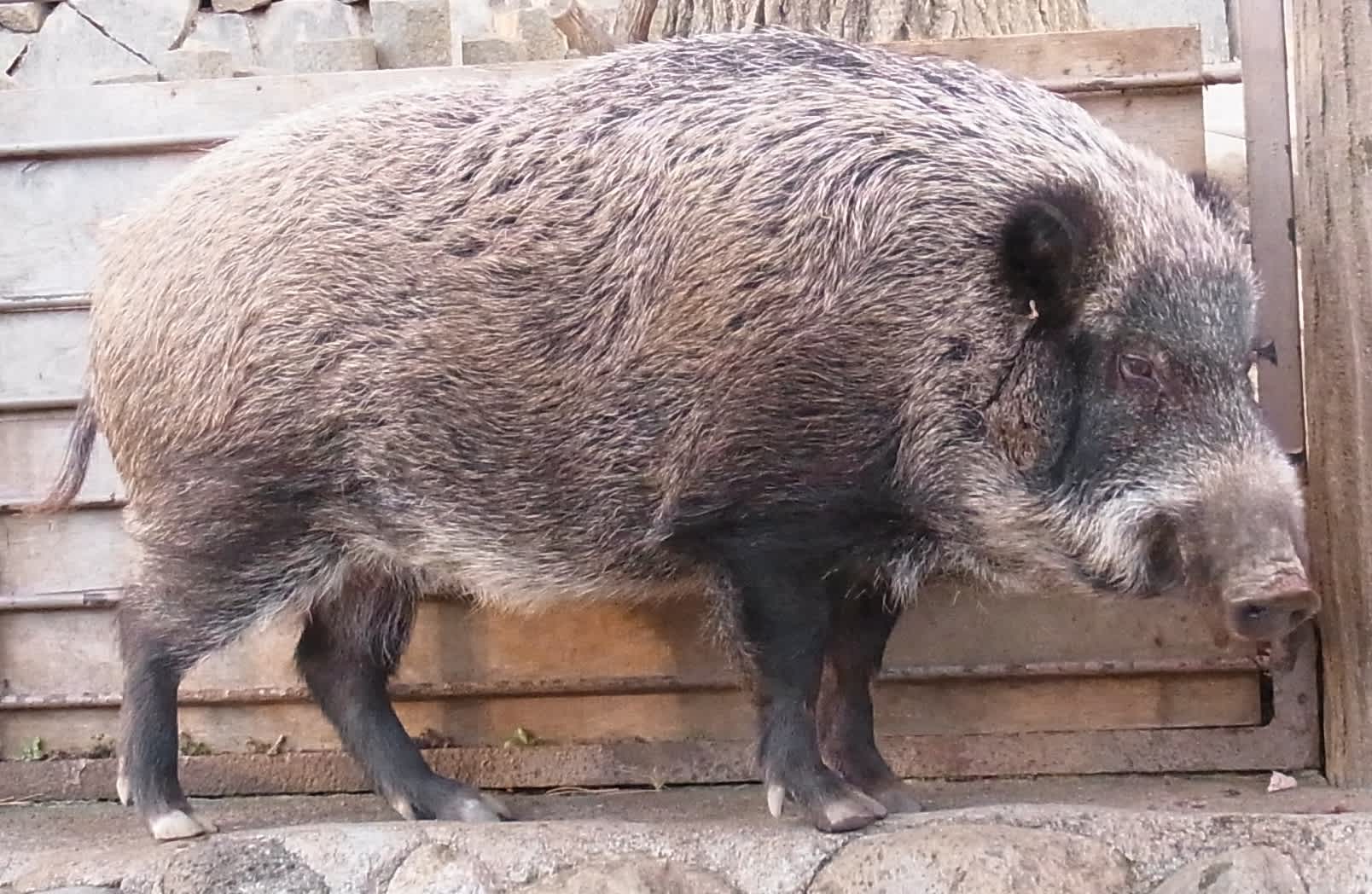Residents Dig Mass Graves for “Radioactive” Wild Boar in Fukushima
OutdoorHub Reporters 04.08.16

Once a popular game animal for hunters and a local delicacy, Japanese officials say the wild boar population near the Fukushima Daiichi nuclear plant is quickly growing out of control. In 2011, the plant suffered a disastrous meltdown following a 9.0 magnitude earthquake—leaking radioactive material into the water and nearby countryside. This has resulted in increased radiation levels for nearby wildlife, especially fish in Fukushima Bay and beyond. For some time, officials have banned commercial fisherman from selling or even fishing in the area due to roughly 40 percent of their catch being deemed too radioactive for human consumption. Now officials have another problem, and it is growing fast.
According to The Independent, the population of wild boar in the region has grown by at least four times. Currently, there is suspected to be around 13,000 pigs in the area around the plant. This may not seem like much, especially in comparison to the millions of feral pigs in the United States, but keep in mind that these pigs are mostly native wild boar. Also, due to them living in contaminated areas where hunters cannot—or will not—hunt, there is little to check their numbers. Much like feral pigs, the boars are running rampant, inflicting hundreds of thousands of dollars in damages to local farms, and hurting their native habitat as well.
Local residents have recruited hunters to kill hundreds of the animals at a time, but the meat is left to waste since no one is willing to eat potentially radioactive pork. The Times of London reports that hunters have dug three mass graves north of Nihonmatsu, about 35 miles from the nuclear plant, to bury the pigs. Each grave is big enough to hold 600 of the swine.
Space to dispose of the pigs is becoming a problem. Most of the land in the area is owned by residents instead of by the city, and hunters say they have begun burying the pigs in their own backyards.
“Sooner or later, we’re going to have to ask local people to give us their land to use,” said Tsuneo Saito, a boar hunter “The city doesn’t own land which isn’t occupied by houses.”
The contaminated area still exhibits radiation levels 300 times higher than what is commonly held to be safe for humans. However, this does not seem to have a noticeable effect on the pigs living in the space—although a few extra warts would hardly be noticeable in the first place.
Fun fact: hunting wild boar is widely respected in Japanese culture and it was one of the few animals exempt from from an ancient—and long lasting—ban on meat.

